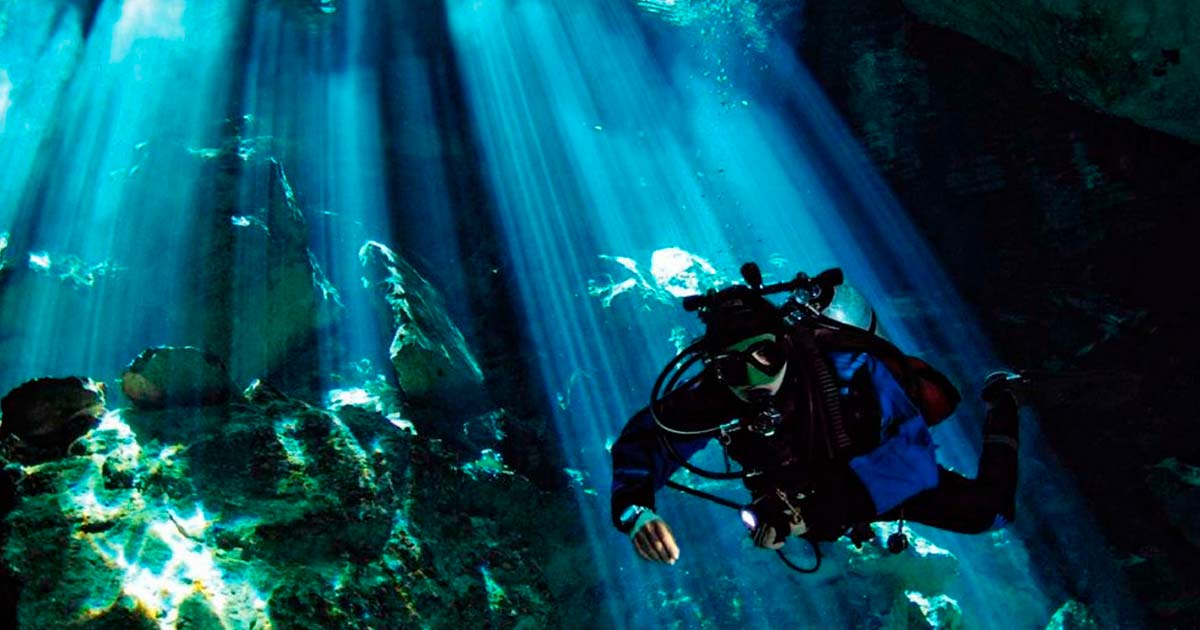13,700-Year-Old Skeleton in Mexican Cenote Reveals Human Origins (Video)
Deep within Mexico's subterranean realm lies a site of immense archaeological significance. Recent discoveries have reshaped our understanding of the earliest human presence in the Americas, revealing a group of organized hunters who thrived thousands of years earlier than previously believed. Led by Octavio del Rio from the National Institute of Anthropology in Tulum, a groundbreaking research project delved into the underwater caverns known as cenotes.
In this remote and isolated environment, an astonishing find emerged — a remarkably preserved human skeleton dating back 13,700 years. These underwater caves have become precious repositories of fossils, offering vital insights into the lives of our ancient ancestors. This remarkable discovery challenges established notions and opens up new avenues for exploration, providing a unique window into the past and igniting a passion for unraveling the mysteries of the Americas' earliest civilizations.
- Tulum: Maya City of the Dawning Sun, a Caribbean Paradise
- 10,000-year-old human remains found in underwater cave in Mexico shed light on ancient migrations
Top image: Diver in a cenote in Mexico. Public Domain.

















